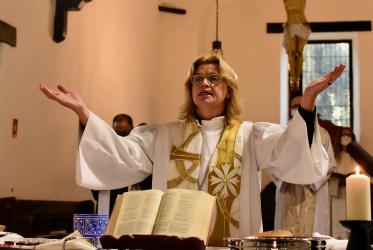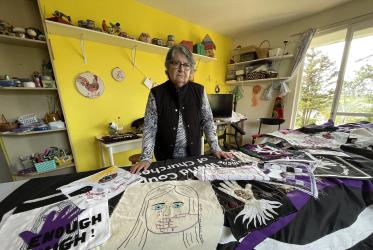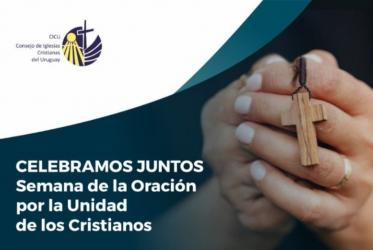Displaying 1 - 20 of 26
In Chile, “Churches’ ministry of reconciliation is key”
29 November 2022
La Semana de oración por la unidad cristiana en imágenes
02 February 2021
En images: Semaine de prière pour l’unité chrétienne
02 February 2021
In Bildern: Gebetswoche für die Einheit der Christen
02 February 2021
In pictures: Week of Prayer for Christian Unity
01 February 2021










